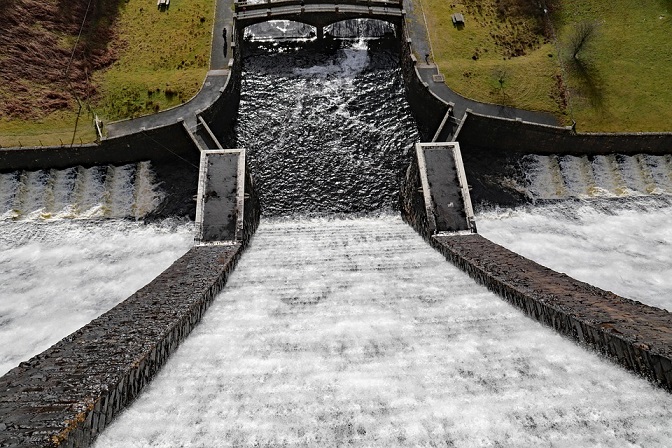A substantial change in the way that we relate with water needs to be made if we want to meet prevailing challenges, especially those that climate change precipitates. Mere technical improvements will not suffice; we need to look beyond relying solely on technology.
We need to look closer at how we see wastewater and consider it a source of value as opposed to the waste it is currently considered. Industrial water can easily and safely be used in agriculture if the industry effluents are treated through specific biotechnological processes. This water will also be enriched in nutrients that can boost yields up to 40% in vegetables such as aubergine, chillies and okra – agronomists call this irrigation water with high fertility value.
Many factories do not control their production chain, especially in the textile industry, with many of them purchasing garments from privately owned factories in developing countries where legislation on the use of water is sadly lacking. Stockholm International Water Institute (SIWI) convened a meeting between textile companies and factory owners and discovered that factories biggest financial drain after labour is energy and chemicals. By introducing factories to chemical and energy-saving ideas through improved manufacturing and increased recycling, factory owners were happy and this also led to reduced water use and less pollution.
Smart remote-controlled tamper-proof metres are critical to ensure responsible water use in industry, together with community surveillance of water demand, use, reuse and disposal will decrease water usage and wastage.
A water impact calculator to advise farmers on the optimal irrigation needs depending on crops has proven to be very useful in helping them calculate the right amount of water for crops, thereby not wasting water.
Stronger water legislation, and the selection of water champions within companies can greatly help drive vastly improved performance on water resource management.
Buy water coolers and rent water coolers from Living-Water.






